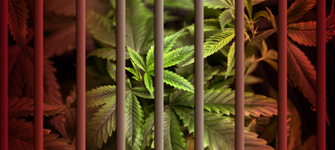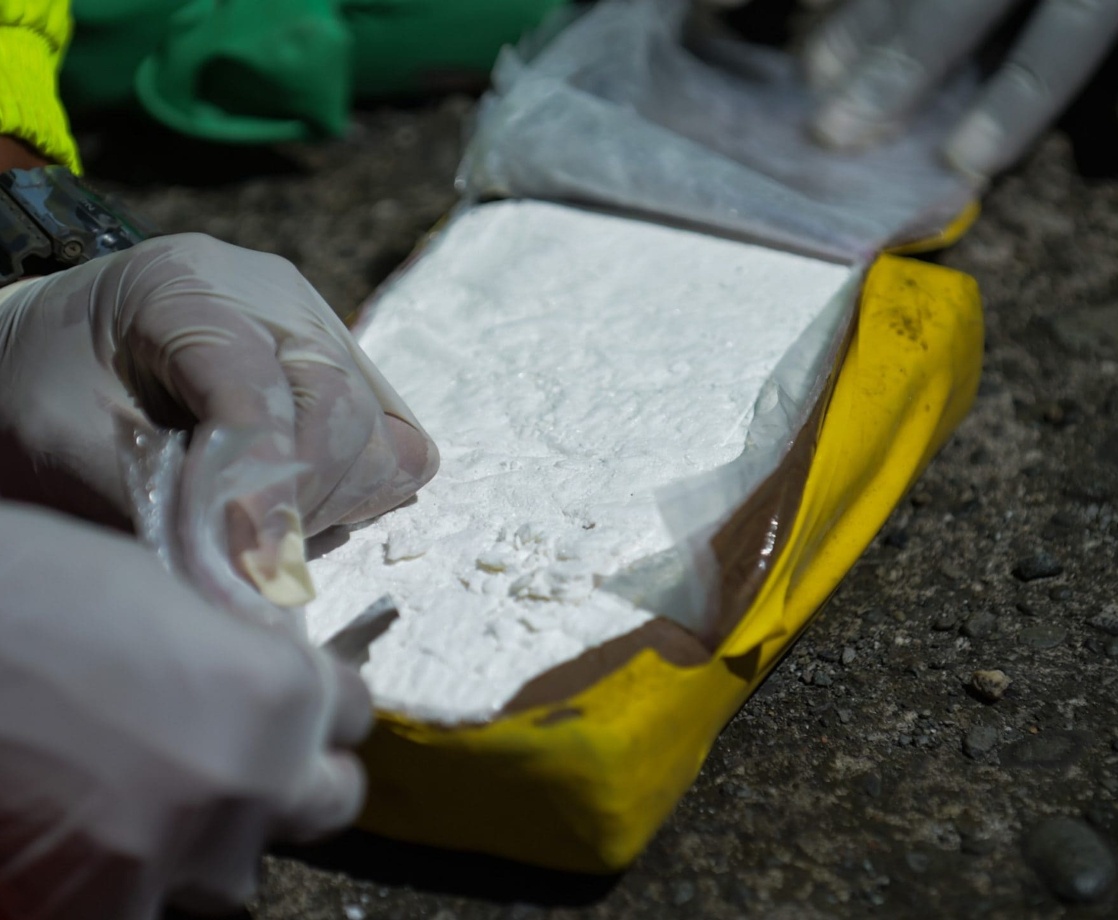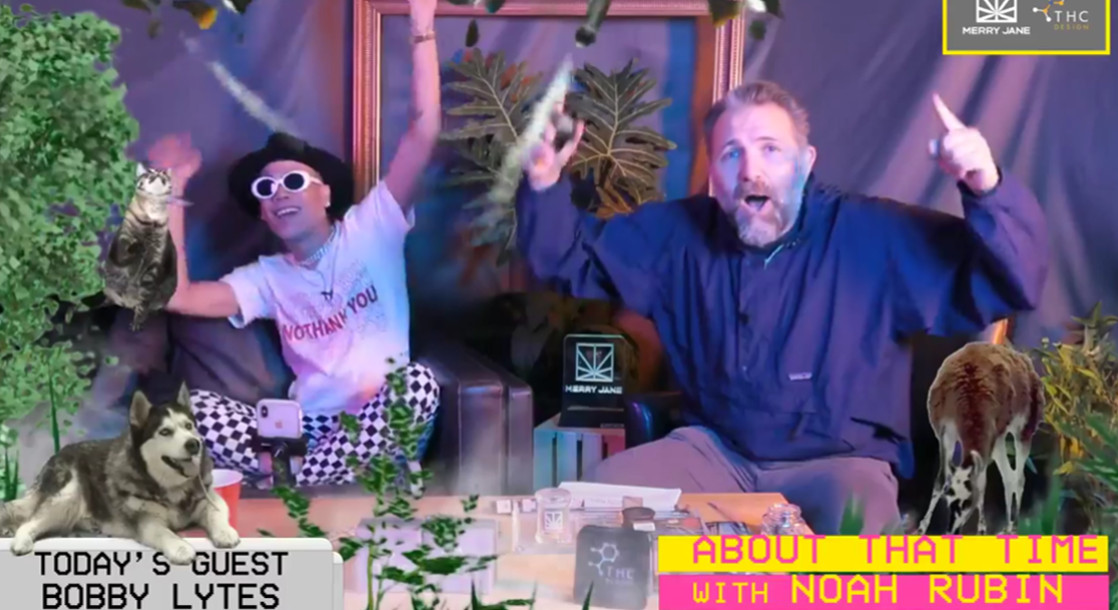When helicopters and boots on the ground began patrolling the woods around his home and interrogating his poor, minority neighbors, James knew what he had to do.
Rather than risk false accusations against his elderly and vulnerable neighbors, former Boy Scout James turned himself in for the cultivation of his seven plant patch, because “it was the right thing to do.”
What happened next epitomized the American War on Drugs. Though he was a local business owner and respected community member, James was hit with the full force of the law, losing his freedom, his business, and his future prospects.
Twelve years later, James sits down with MERRY JANE to reflect on the trials and tribulations he faced, the opportunities lost, the lessons learned, and the new perspective gained.
So close, yet so far
In the heart of rural America, on the edge of Nelson County lies Schuyler, Virginia’s rough terrain which inspired famed TV series “The Waltons”.
James saw first-hand the changes brought by back-to-earthers straight from the hippy epicenter of Haight-Ashbury in San Francisco during the 1970s.
Local residents could smell the change, in fact. Nelson County grew famous not just for The Waltons, but for its Schuyler Skunk, a local sativa strain so uniquely pungent that, “if you’re walking around here, you know when you smell it.”
A horticulturalist and forester by trade, James has spent the last thirty years wielding chainsaws a hundred feet up trees, conducting land surveys and providing expert advice to landowners, and growing his own pot.
With expert knowledge in plants, James recognizes how it helps him, “in so many different ways.” James calls marijuana, “a very useful substance–one that maintains my sanity.”
But the, “insane part about all this” is that there are local hospitals, including a renowned children’s hospital, where doctors regularly recommend marijuana to patients, but cannot officially prescribe the drug.
Even though a local strain is famous, the plant remains out of reach for individuals in need. So began James’s effort growing altruistically, supplying locals, including his terminally ill sister in law, with marijuana that doctors and hospitals were forbidden to prescribe.
When he was coming of age in the ‘70s, James was fed the conventional line that marijuana is a gateway drug that will ruin your life. His parents continue living the “chemical lifestyle,” willfully ignorant of the benefits marijuana could bring to them.
After fracturing his skull at just 11 years-old, it took James many years and substances to come to grips with the fact that marijuana is the only thing that keeps him sane. It wasn’t until his arrest, conviction, and imprisonment however, that James had time to reflect on just how predatory our government’s marijuana policy is.
Losing freedom to gain awareness
When James turned himself in for his seven plant grow operation–out of concern for his vulnerable community–he never imagined just how much his life was about to change.
Stripped of his business, out thousands of dollars in legal fees, and sent for a year behind bars, James witnessed firsthand just how “schizophrenic” the local justice system could be.
In the courthouse, James saw the judge’s gaze turn stone cold when James shook the hand of the detective leading the investigation into his grow operation. James later found out that this detective was reprimanded for accepting the civil gesture.
He learned of similar cases to his, such as when police destroyed plants belonging to a man who grew for his wife suffering from multiple sclerosis. Despite the hard lessons, James considers his arrest and incarceration, “one of the most positive experiences of my life.”
James credits his arrest with an awakening of awareness to the role “the politicians and the media” have in continuing, “the same clunky, dysfunctional program in practice for the last eight decades.” James describes the local law enforcement agency’s treatment of marijuana cultivation as “mechanical. Where you used to know the police officers in your neighborhood, now they’ve stepped it up. They’ve gotten into the no-knock raids… they bring in a lot of equipment.” Even in 2004, twelve law enforcement officers and a helicopter were on the scene to pull up James’s seven plants.
As James puts it, “the emphasis is on crushing you.” The hardest part was going before the judge. Despite a “flood of endorsements from the community,” James’s first few minutes in court seemed nothing more than an “attempt to assassinate my character.” But what comes after a conviction and jail time is not much easier. Securing work with a felony charge in your past is not easy, as James found out first hand: “Probably one of the best job offers I’ve ever had in my life ended the minute I had to disclose my arrest for pot.” To this day, his employment opportunities remain haunted by his past.
High standards
Though the conviction took nearly everything he had away from him, James would do it all over again. He has more to risk now with two young children, but even more to prove. Knowing deep down that he is in the right, James lobbies hard for positive change in his region.
As a professional horticulturist, he deplores the nascent viticulture movement that is poised to soak his county in barrels and barrels of neonicotinoids (the insecticide possibly contributing to honeybees’ colony collapse disorder). He sees desperate community members denied access to a drug that could save or improve their lives.
Meanwhile, meth runs rampant, wreaking havoc across the landscape. Spending on the drug war is skyrocketing as local enforcement agencies hire private contractors to fly helicopters around the clock each September during harvest season.
What speaks most clearly to James is his experience self-medicating, smoking recreationally, and growing for himself and others. Unshaken by his past, or the future stance of the American government on cannabis, James knows that only he can decide what is right for him, and that is a life with marijuana.











